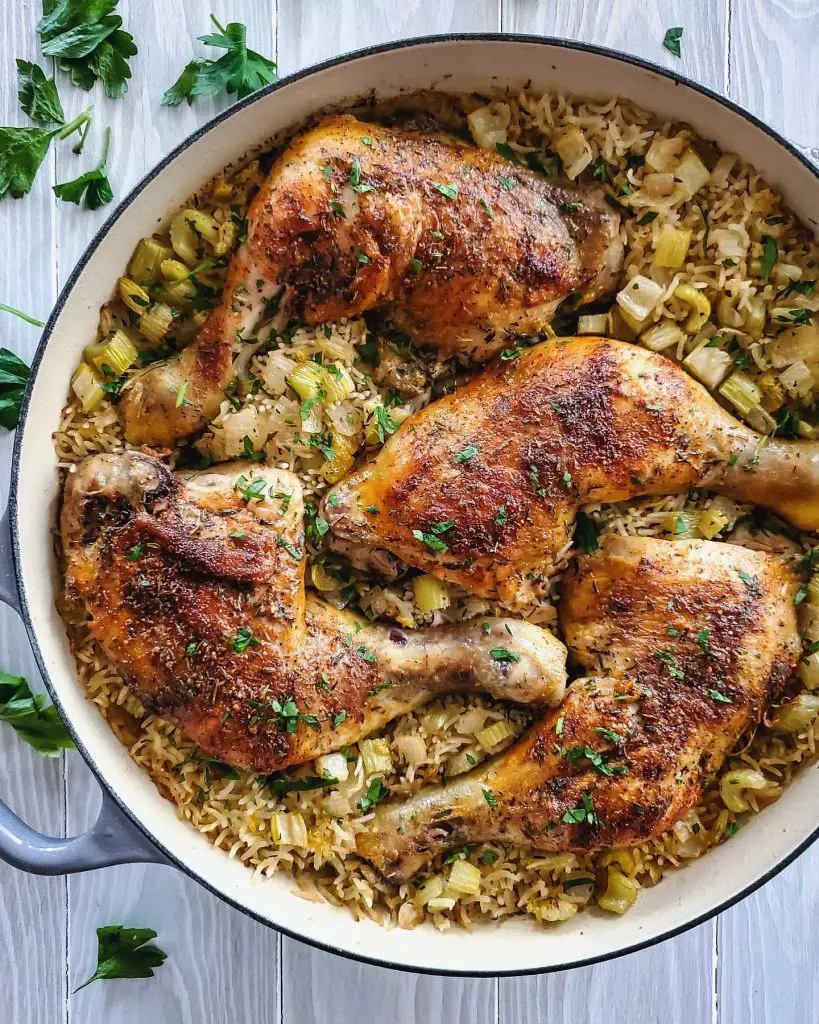As a dog owner, it’s not uncommon to encounter an upset stomach in your furry friend. One common practice to help alleviate their discomfort is feeding them chicken and rice.
This bland diet is easy on their digestive system and can help settle their stomach. However, some dog owners may notice a peculiar change in their dog’s poop after this meal – it may turn orange! But don’t worry, this is a harmless side effect and should resolve itself once your pup’s stomach is feeling better.

What Causes Orange Dog Poop?
The colour of a dog s poop can tell a lot about their health and diet it s important to note that the colour of poop is influenced by what they eat and how their body processes it bile a digestive fluid produced by the liver can also affect the colour of poop.
When bile mixes with food in the small intestine it turns poop brown however if there is a problem with the liver or bile ducts it can cause poop to become pale or grey in addition to bile certain foods can also contribute to the colour of poop.
For example, if your dog eats carrots or sweet potatoes their poop may have an orange tint this is because these foods contain beta carotene which is converted into vitamin A in the body and can give stool an orange hue.
It’s important to pay attention to your dog’s poop colour and consistency as changes can indicate underlying health issues. If you notice any significant changes in your dog’s poop colour or consistency, it’s best to consult with your veterinarian for proper diagnosis and treatment.
You may like: Is long hair frenchi a good family dog?

Chicken and Rice Diet for Dogs:
Why Chicken and Rice?
Chicken and rice are both easily digestible foods that can help soothe an upset stomach. Chicken is a lean protein source that provides essential amino acids for muscle growth and repair.
It also contains vitamins B6 and B12, which are important for maintaining healthy blood cells and nervous system function. Rice, on the other hand, is a carbohydrate source that provides energy to fuel your dog’s daily activities.w
You may like: What is long haired Frenchie?
combined in a meal, chicken and rice create a balanced diet that can help alleviate digestive issues such as diarrhoea or vomiting. The blandness of these foods can also help reduce inflammation in the digestive tract.
Nutritional Benefits Aside from being easy on the stomach, chicken and rice also offer several nutritional benefits for dogs. As mentioned earlier, chicken is an excellent source of protein that supports muscle growth and repair. It also contains omega-6 fatty acids that promote healthy skin and coat. Rice, on the other hand, is a good source of carbohydrates that provide energy to fuel your dog’s daily activities. It also contains fibre which aids in digestion by promoting regular bowel movements.
Potential Drawbacks or Risks While chicken and rice can be beneficial for dogs with digestive issues, it’s important to note that this diet should only be used as a short-term solution. Feeding your dog only chicken and rice for an extended period can lead to nutrient deficiencies since it lacks essential vitamins and minerals found in other food sources.
Additionally, if your dog has a food allergy or intolerance to chicken or rice, this diet may not be suitable for them. Always consult with your veterinarian before making any changes to your dog’s diet. In conclusion, chicken and rice can be a helpful diet for dogs with digestive issues. It provides a balanced meal that is easy to digest and offers several nutritional benefits. However, it should only be used as a short-term solution and should not replace a well-rounded diet that includes other food sources. As always, consult with your veterinarian before making any changes to your dog’s diet.
Can Dogs Eat Rotisserie Chicken?
Now, let’s address the topic of whether dogs can eat rotisserie chicken. Rotisserie chicken, with its enticing aroma and flavor, may seem like an appealing treat to share with our canine friends. While plain, cooked chicken is generally safe for dogs and can be a good source of lean protein, rotisserie chicken is not the best choice for several reasons.
Rotisserie chicken from grocery stores or delis often contains added seasonings, salt, and sometimes even garlic or onions, which can be harmful to dogs in large quantities. Additionally, the skin of rotisserie chicken is usually seasoned and can be high in fat, leading to digestive upset and potential pancreatitis if consumed in excess.
If you want to share some chicken with your dog, it’s essential to offer plain, cooked chicken without any seasoning, skin, or bones. Moderation is key, and chicken should be a small part of a balanced diet, not the primary source of nutrition.
Can Dogs Eat Teriyaki Chicken?
Teriyaki chicken is a popular Japanese dish that is sweet and savory, made with a flavorful teriyaki sauce. While plain, cooked chicken is generally safe for dogs and can be a good source of lean protein, teriyaki chicken is not an ideal choice for several reasons.
Teriyaki sauce often contains ingredients like soy sauce sugar and other seasonings that may not be suitable for dogs. The high sugar and sodium content in teriyaki sauce can be harmful to dogs if consumed in significant amounts additionally some teriyaki sauces may contain garlic and onions which are known to be toxic to dogs and should be avoided.
If you want to treat your dog to some chicken, it’s essential to offer plain, cooked chicken without any seasonings, sauce, or bones. Remember, moderation is key, and chicken should only be a small part of a balanced diet, not a primary food source.
Can Dogs Eat Rice Noodles?
Rice noodles are a type of pasta made from rice flour and water. While plain, cooked rice is generally safe for dogs and can be a mild option for those with sensitive stomachs, rice noodles may not be the best choice for them.
Rice noodles especially when prepared with seasonings or sauces can contain ingredients that are not suitable for dogs for instance some sauces may contain garlic or onions which are known to be toxic to dogs and should be avoided altogether.
If you want to offer your dog rice as part of their diet, plain cooked rice without any added seasonings or sauces is the safest option. It’s essential to prioritize your dog’s digestive health and provide them with a balanced and nutritious diet.
Can Dogs Eat Canned Chicken?
Canned chicken can be a convenient option for pet owners, as it requires no preparation and is readily available. However, not all canned chicken products are suitable for dogs.
Plain cooked chicken without any added seasonings or preservatives is generally safe for dogs and can be a good source of lean protein if you choose to offer canned chicken to your dog make sure it is plain unseasoned and free from any additional ingredients that could be harmful such as onion or garlic which are toxic to dogs.
Always check the ingredient list on the canned chicken product to ensure it is safe for canine consumption. It’s also essential to feed canned chicken in moderation and as part of a balanced diet.

Orange Dog Poop After Chicken and Rice:
Why Some Dogs May Experience Orange-Colored Poop After Eating Chicken and Rice If you have recently switched your dog’s diet to chicken and rice, you may have noticed that their poop has turned orange.
This can be a cause for concern for many pet owners but it is not always a sign of a serious health issue the reason why some dogs experience orange-coloured poop after eating chicken and rice is due to the high levels of beta-carotene found in these foods.
Beta carotene is a pigment that gives fruits and vegetables bright colours such as carrots sweet potatoes and pumpkin when dogs consume foods that are high in beta carotene their bodies convert it into vitamin A.
Excess vitamin A is then excreted through the faeces, causing them to turn orange. Is This Normal or Cause for Concern? In most cases, orange-coloured poop after eating chicken and rice is normal and nothing to worry about. However, if your dog’s poop remains orange for an extended period or if they are experiencing other symptoms such as diarrhoea or vomiting, it may be a sign of an underlying health issue.
If you are concerned about your dog’s poop colour or consistency, it is always best to consult with your veterinarian to rule out any potential health problems. Tips for Monitoring Your Dog’s Poop Color and Consistency Monitoring your dog’s poop colour and consistency is an important part of ensuring their overall health.
Here are some tips for keeping track of your dog’s poop:
- check their poop regularly: make sure to check your dog s poop every time they go outside this will help you notice any changes in colour or consistency.
- keep a record: consider keeping a record of your dog s poop colour and consistency over time this can help you identify any patterns or changes that may indicate a health problem.
- watch for other symptoms if your dog is experiencing other symptoms such as vomiting diarrhoea or lethargy it may be a sign of an underlying health issue.
- consult with your veterinarian if you are concerned about your dog s poop colour or consistency it is always best to consult with your veterinarian to rule out any potential health problems.
In conclusion, orange-coloured poop after eating chicken and rice is usually nothing to worry about however it is important to monitor your dog s poop colour and consistency to ensure their overall health if you notice any changes or are concerned about your dog s health always consult with your veterinarian.
Conclusion:
In conclusion, orange dog poop after chicken and rice is not necessarily a cause for concern it could be due to the presence of carrots or sweet potatoes in the dog s diet.
However, if the orange colour persists or is accompanied by other symptoms such as diarrhoea or vomiting it is best to consult a veterinarian to rule out any underlying health issues.
As pet owners, it is important to monitor our dog’s poop regularly and make necessary adjustments to their diet and lifestyle for optimal health.





